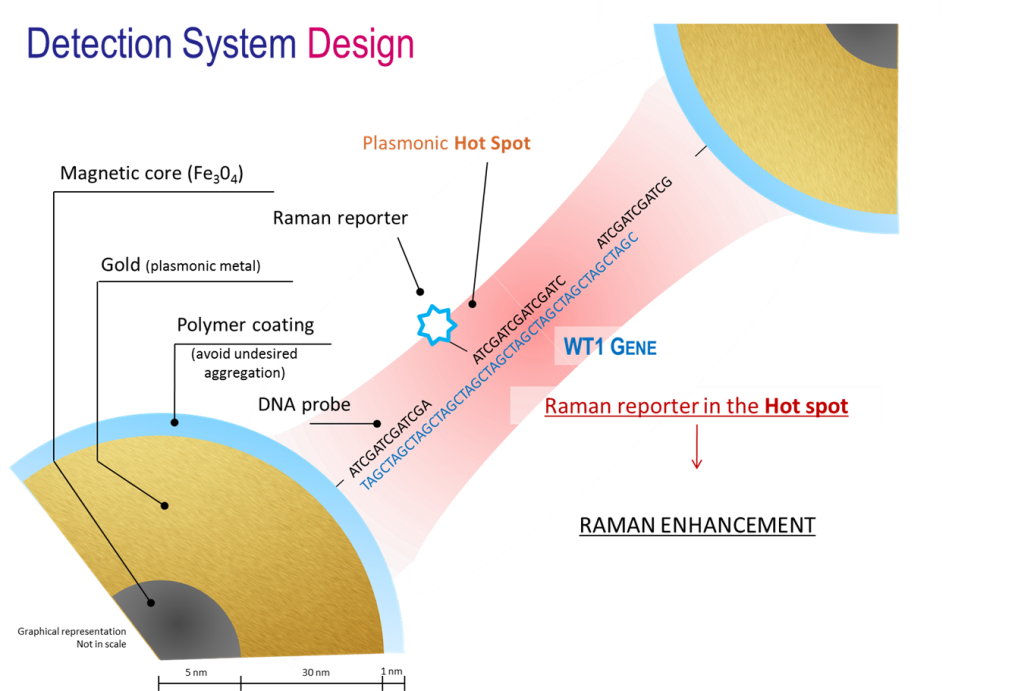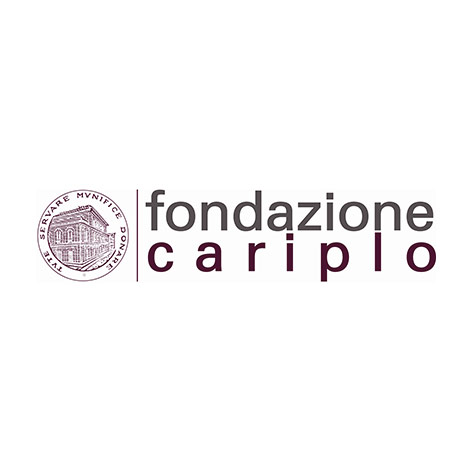A step forward is made towards the Labion-chip project.
Fondazione Cariplo sponsored the project “AN INNOVATIVE, NANOSTRUCTURED BIOSENSOR FOR EARLY DIAGNOSIS AND MINIMAL RESIDUAL DISEASE ASSESSMENT OF CANCER, USING SURFACE ENHANCED RAMAN SPECTROSCOPY”
The objective of this study was to develop, validate and prospectively evaluate a new class of biosensors using Raman spectroscopy for the detection of cancer biomarkers by means of functionalized nanostructures. In fact, when Raman spectroscopy is performed on molecule conjugated on the surface of suitable nano-structured materials, a particular enhancement of the signals – known as Surface Enhanced Raman Spectroscopy (SERS) – arises.
The possibility of a more rapid, sensitive and specific detection of genetic biomarkers would improve the ability of the clinician to identify the best therapeutic treatment and to monitor its efficacy.
For example, in adult patients with acute myeloid leukemia, the persistence in the bone marrow of residual leukemic cells below the threshold of light microscopy, called minimal residual disease (MRD), identifies patients at high risk of leukemia relapse. The most clinically relevant issue is the identification of the most sensitive method for MRD determination. In case of MRD, the evaluation of the Wilms’ tumor gene (WT1) expression was chosen as proof of concept for the performance assessment of the first SERS based kit tried to create.
In particular, this kit combined two different functionalized nanoparticles and an oligonucleotide conjugated with a Raman reporter. All these compounds were simply mixed with the solution containing the target DNA biomarker. Afterwards, all the complementary oligonucleotides were allowed to hybridize with gene target, thus obtaining a hybrid aggregate nanostructured complex where the Raman probe was in correspondence of the formation of hot-spots where the enhancement of the signal is particularly intense.
The individuated foreign scientist for this project was Dora Mehn, a chemist with a deep knowledge on the preparation and characterization of nanostructured materials. She is particularly expert about the interactions of nanoparticles with biological systems. She successfully conducted the research project and at the same time seeded a multidisciplinary and result-oriented mentality in the young researchers that worked with her.
The project even benefited by a collaboration with Prof. V. Subramaniam (MESAplus Institute of Nanotechnology – University of Twente) in whom laboratories started a similar program and where the young researchers spent, in different modalities but continuously during the whole duration of the founded project, training periods.
FONDAZIONE CARIPLO sponsored the creation of this website through a project of the International Recruitment Call 2011.







